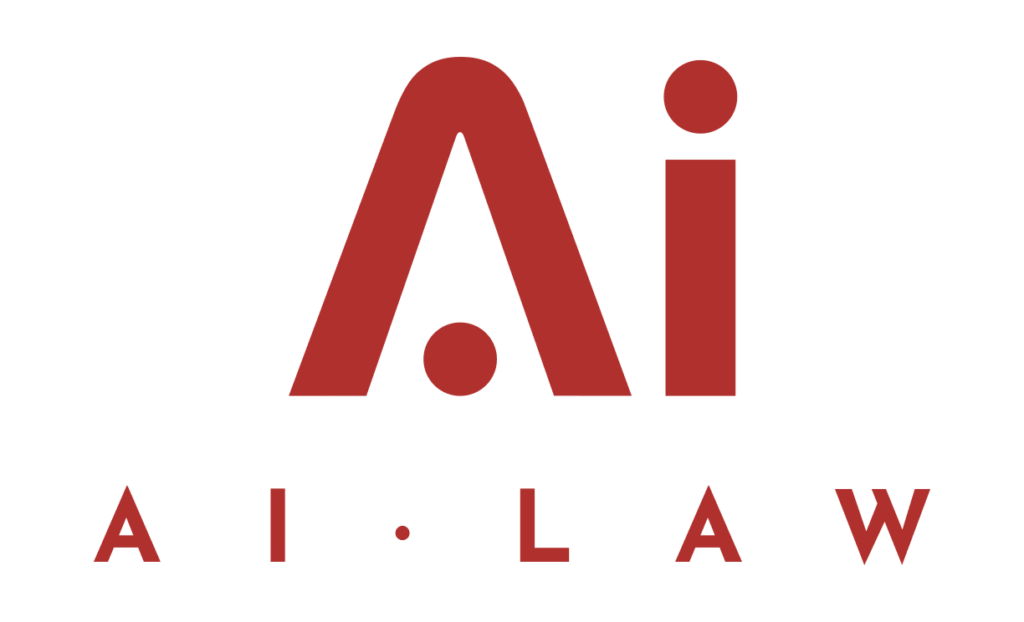A company acquisition occurs when one business purchases another to gain control of its operations, assets, or market position, often reshaping the commercial and regulatory landscape. Acquisitions are an established route for organisations seeking to accelerate growth, enter new markets, or acquire strategic assets. For UK businesses, acquisitions are a core part of corporate strategy, but they also involve navigating a complex legal and regulatory framework.
Understanding the legal, commercial, and procedural aspects of acquisitions is essential for company directors, shareholders, and investors. This guide from AI Law provides a comprehensive overview of the acquisition process, the legal implications, and the practical steps involved in executing a successful transaction.
Understanding Company Acquisitions
Company acquisitions are a principal mechanism for business expansion and can have far-reaching impacts on market share, sector dynamics, and shareholder value. In the UK, acquisitions are governed by a combination of company law, contract law, and sector-specific regulations.
Key Definitions and Terminology
A company acquisition typically involves one entity (the “acquirer”) purchasing a controlling interest in another (the “target”). This is usually achieved through a share purchase or asset purchase, each with distinct legal and tax implications.
The term “mergers and acquisitions” (M&A) encompasses both acquisitions and mergers. A merger is generally the combination of two companies into a new entity, while an acquisition is the outright purchase of one company by another. Consolidations, management buyouts (MBOs), and leveraged buyouts (LBOs) are further variations, each with specific legal structures and financing arrangements.
Key legal terms include “synergies” (efficiency gains from integration), “due diligence” (the process of legal and financial investigation), and “warranties and indemnities” (contractual protections in the sale agreement).
Types of Acquisitions and Mergers
Common structures include:
- Asset Purchase: The acquirer purchases specific assets and, in some cases, liabilities. This structure allows for greater selectivity but may require third-party consents.
- Share Purchase: The acquirer buys shares in the target company, acquiring all assets and liabilities by default. This is the most common method in the UK.
- Merger: A legal combination of two companies, less common in the UK due to company law requirements.
- Management Buyout (MBO): The existing management team acquires the business, often with private equity backing.
- Leveraged Buyout (LBO): The acquisition is funded primarily through debt, secured against the target’s assets.
The choice of structure impacts risk, tax, and regulatory obligations, making legal advice essential at the outset.
Motivations for Acquisitions
Typical drivers include:
- Strategic Growth: Rapid expansion into new markets or product lines.
- Market Position: Increasing market share by acquiring competitors.
- Synergies: Realising cost savings and operational efficiencies.
- Diversification: Reducing risk by entering new sectors or geographies.
- Access to Technology or Talent: Gaining intellectual property or specialist personnel.
- Risk Management: Enhancing resilience against sector-specific downturns.
From a legal perspective, each motivation may influence the structure, terms, and due diligence required for the transaction.
The Acquisition Process
The acquisition process is multi-staged and demands careful legal, financial, and commercial planning. Below, AI Law outlines the typical steps involved in a UK company acquisition:
Acquisition Strategy and Target Identification
Defining acquisition objectives is the first step. This includes identifying target sectors, financial criteria, and strategic fit. Legal advisors can assist with preliminary risk assessments and confidentiality agreements (NDAs) at this stage.
Due Diligence and Valuation
Due diligence is a critical legal and commercial exercise. It involves reviewing the target’s financial statements, commercial contracts, employment matters, intellectual property, property holdings, and any ongoing litigation or regulatory issues. Legal due diligence also considers compliance with the Companies Act 2006, GDPR, and sector-specific regulation.
Valuation methods may include Discounted Cash Flow (DCF), comparable transactions, or asset-based approaches. Sellers typically provide an Information Memorandum to facilitate this process.
Deal Structuring and Negotiations
The legal structure of the deal (share or asset purchase) is agreed, along with consideration (cash, shares, or a combination). Heads of Terms or a Letter of Intent (LOI) are negotiated, setting out key terms and conditions. Legal counsel will draft and negotiate warranties, indemnities, and covenants to manage risk.
Purchase Agreement and Completion
The Sale and Purchase Agreement (SPA) formalises the transaction. It includes detailed provisions on price, completion mechanics, warranties, indemnities, restrictive covenants, and any conditions precedent. Regulatory approvals (such as from the Competition and Markets Authority, if relevant) are sought, and completion occurs when all conditions are satisfied. Legal advisors will oversee the signing, funds transfer, and any post-completion filings at Companies House.
Financing and Regulatory Considerations
Financing and regulation are central to any acquisition. UK transactions must comply with corporate, tax, and competition law, and financing may involve complex arrangements.
Financing Strategies and Private Equity
Acquisitions may be funded through debt, equity, or a combination. Private equity is a common source of acquisition finance, particularly for MBOs or LBOs. Seller financing and earn-outs are also used to bridge valuation gaps. The choice of funding impacts risk allocation and post-acquisition obligations.
Legal, Tax, and Compliance Issues
Legal due diligence must address contract validity, employment law (including TUPE in asset sales), intellectual property, real estate, and undisclosed liabilities. Regulatory compliance is essential, especially for public companies, which are subject to the UK Takeover Code and Financial Conduct Authority (FCA) rules. Tax planning is integral; stamp duty, capital gains tax, and VAT must be considered in structuring the deal. Legal advisors work closely with accountants to ensure the transaction is tax-efficient and compliant.
Confidentiality, accurate documentation, and timely regulatory filings are critical to avoid disputes and penalties.
Antitrust and Competition Law
UK and EU competition law prohibits acquisitions that would substantially lessen competition. Transactions may require notification to the Competition and Markets Authority (CMA) or, for cross-border deals, the European Commission. Legal teams will assess market share, prepare filings, and, if necessary, negotiate remedies to secure approval. Non-compliance can result in fines or orders to unwind the transaction.
Post-Acquisition Integration and Value Creation
Integration is essential to realising the value of an acquisition. Legal and operational alignment must be carefully managed to capture synergies and protect business continuity.
Synergy Realisation and Integration Planning
Synergies may be “hard” (cost savings, operational efficiencies) or “soft” (knowledge transfer, talent retention). A robust integration plan should set clear objectives, assign responsibilities, and establish timelines. Legal advisors play a key role in harmonising contracts, policies, and compliance across the new group structure.
Post-Merger Integration Management
Effective post-merger integration (PMI) requires leadership, structured project management, and ongoing legal oversight. Typical activities include aligning reporting systems, harmonising employment terms, and updating intellectual property registrations. Regular communication with stakeholders is vital to maintain momentum and morale.
Common Challenges and Success Factors
Cultural integration, retention of key staff, and clarity in decision-making are common hurdles. Legal risks may arise from poorly drafted integration agreements or overlooked liabilities. Successful acquirers prioritise detailed due diligence, robust legal protections, and transparent internal communication.
Frequently Asked Questions
What are the different types of acquisitions?
Acquisitions are typically categorised as horizontal (same sector), vertical (supply chain), or conglomerate (unrelated sectors). Each has distinct strategic and legal considerations.
Can you provide examples of prominent mergers and acquisitions?
Recent high-profile examples include Disney’s acquisition of 21st Century Fox, Microsoft’s acquisition of LinkedIn, and the Exxon-Mobil merger. In the UK, notable deals include Tesco’s acquisition of Booker Group and BT’s acquisition of EE.
How do mergers differ from acquisitions in a corporate context?
A merger combines two companies into a new entity, while an acquisition involves one company taking control of another. The legal and operational implications differ, particularly regarding continuity, liabilities, and regulatory approvals.
What are the typical steps involved in the acquisition process?
The process includes strategy development, target identification, due diligence, negotiations, legal documentation, regulatory approval, and post-completion integration. Legal advice is recommended at every stage.
How do companies benefit from acquiring or merging with other entities?
Benefits include increased market share, access to new products or markets, operational efficiencies, and reduced competition. Legal structuring helps ensure these benefits are realised and protected.
What are the legal considerations to be mindful of during a company acquisition?
Key issues include due diligence, contract review, compliance with competition law, employment law (including TUPE), tax planning, and ensuring all regulatory filings are made. Legal advice is essential to manage risk and maximise value.
For tailored legal advice on company acquisitions, mergers, or disposals, contact the corporate law specialists at AI Law.

